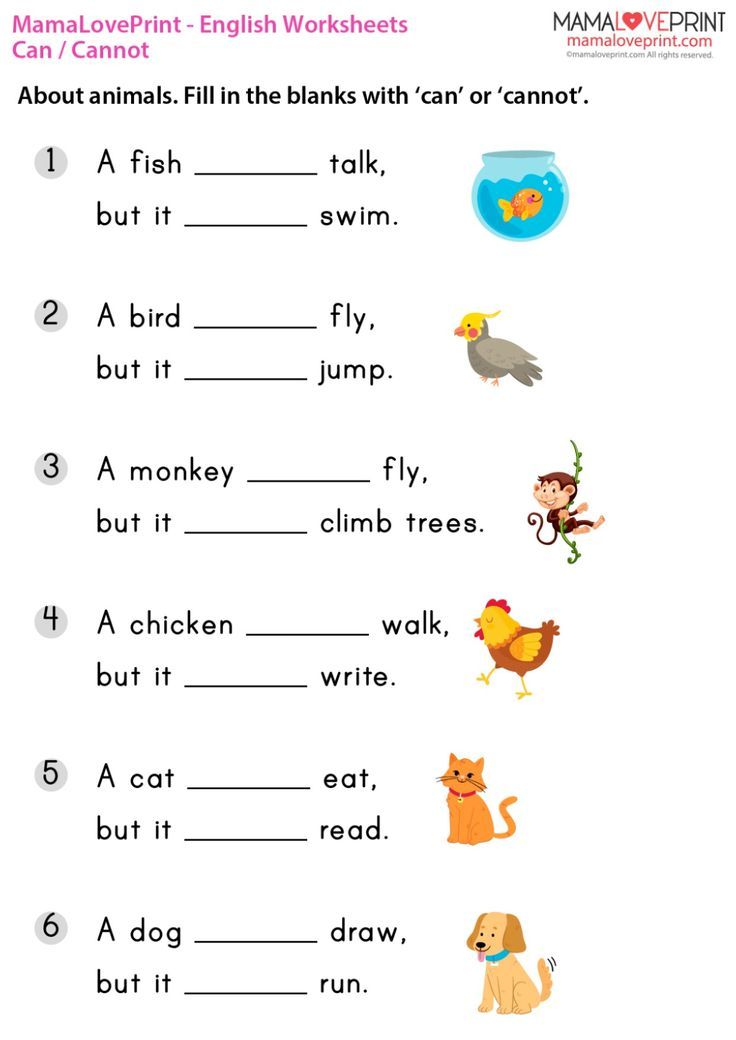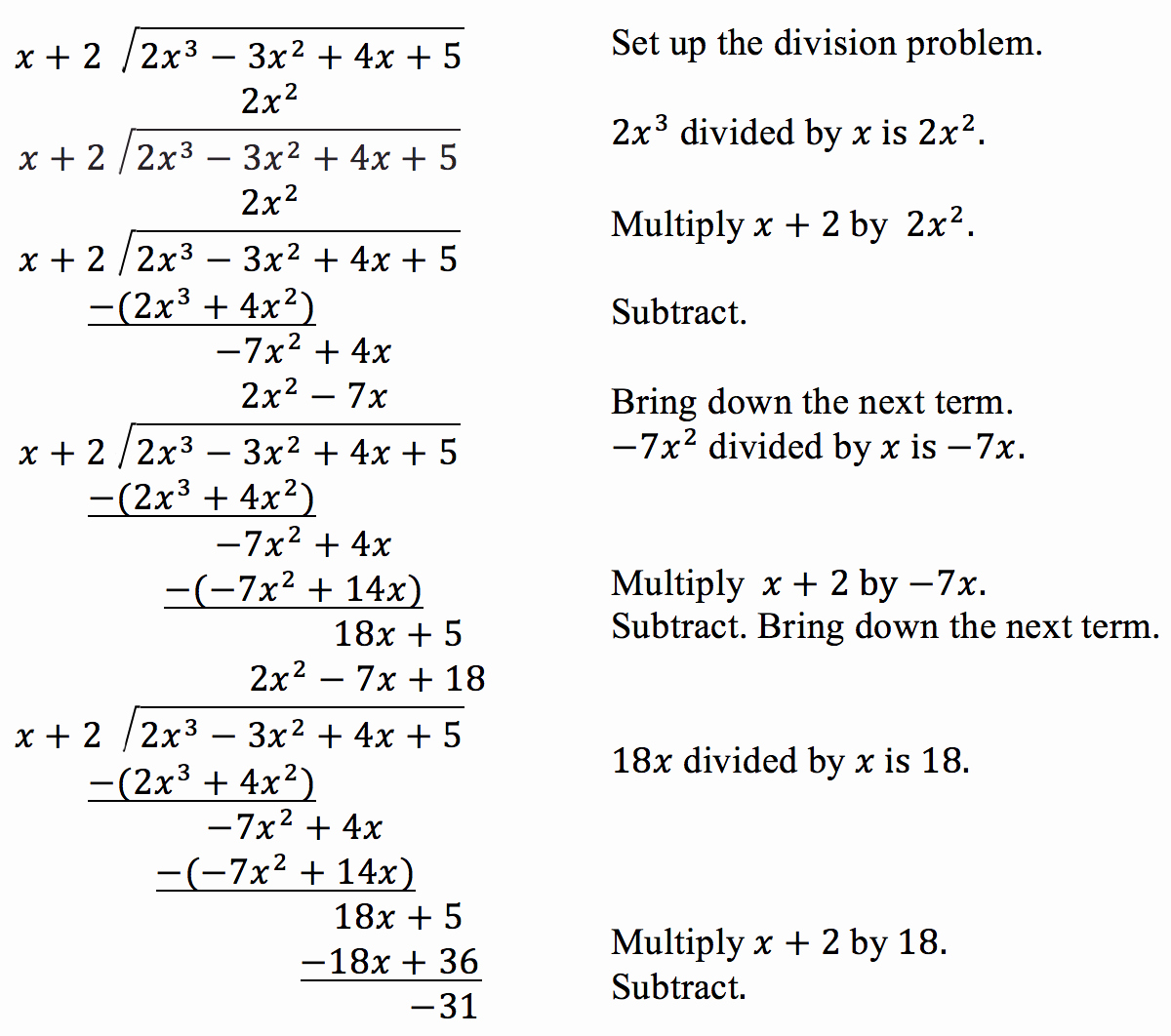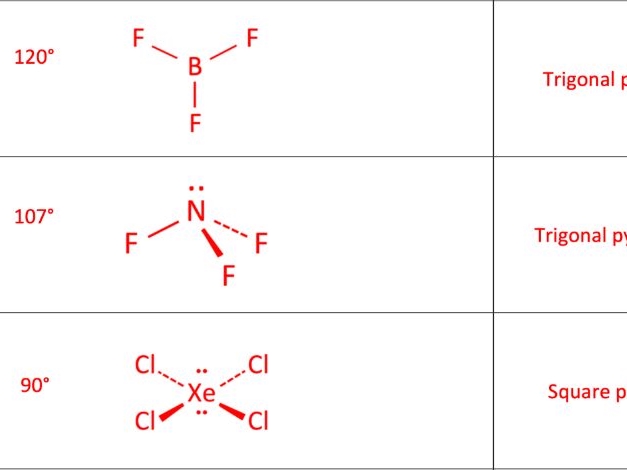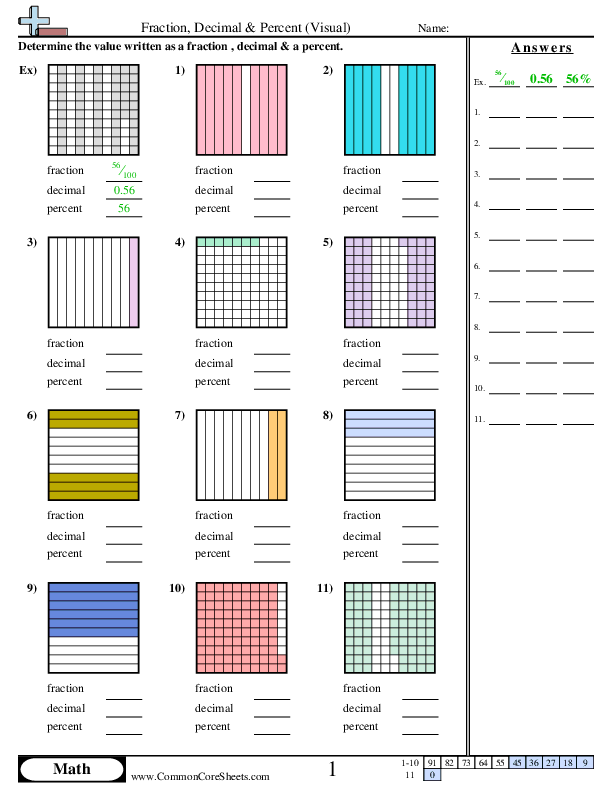5 Fun English Worksheets for 1st Graders

Engaging Young Minds: 5 Fun English Worksheets for 1st Graders
As a parent or educator, you understand the importance of making learning fun for 1st graders. English worksheets can be an excellent way to help them develop essential language skills, but they can also be dull and uninteresting if not presented in an engaging manner. In this post, we’ll explore five fun English worksheets that can make learning English a delightful experience for your little ones.
1. Alphabet Scavenger Hunt Worksheet
Objective: Recognize and identify uppercase and lowercase letters.
Instructions:
- Create a worksheet with a list of uppercase and lowercase letters.
- Ask the children to find objects in the classroom or at home that start with each letter.
- For example, if the letter is “A,” they might find an apple or an ant.
- Encourage them to draw a picture of the object and write the corresponding letter.
Why it’s fun: Who doesn’t love a treasure hunt? This activity encourages children to explore their surroundings, develop their observation skills, and learn the alphabet in a hands-on way.
2. Rhyming Bingo Worksheet
Objective: Develop phonological awareness and recognize rhyming words.
Instructions:
- Create bingo cards with pictures or words that rhyme (e.g., cat/hat, dog/log).
- Call out the words, and have the children mark the corresponding pictures.
- When they get a row or column of rhyming words, they shout “Bingo!”
Why it’s fun: Bingo is a classic game that’s easy to adapt to learning English. This activity helps children develop their phonological awareness and recognize rhyming words in a fun and interactive way.
3. Word Building Worksheet
Objective: Develop phonemic awareness and build simple words.
Instructions:
- Create a worksheet with a set of letters (e.g., c-a-t, d-o-g).
- Ask the children to use the letters to build simple words.
- Encourage them to use the words to create a short sentence.
Why it’s fun: Building words is like solving a puzzle. This activity helps children develop their phonemic awareness and build simple words in a fun and challenging way.
4. Sentence Completion Worksheet
Objective: Develop reading comprehension and sentence structure skills.
Instructions:
- Create a worksheet with incomplete sentences (e.g., “The cat ________ to the store.”).
- Ask the children to complete the sentences using a set of words (e.g., ran, jumped, walked).
- Encourage them to read the completed sentence aloud.
Why it’s fun: This activity is like a game of “fill-in-the-blanks.” Children love to complete sentences and read the finished product aloud. This activity helps develop their reading comprehension and sentence structure skills.
5. Story Sequencing Worksheet
Objective: Develop reading comprehension and storytelling skills.
Instructions:
- Create a worksheet with a set of pictures that tell a story (e.g., a boy throwing a ball, a dog catching the ball, the boy and dog playing together).
- Ask the children to sequence the pictures in the correct order.
- Encourage them to retell the story in their own words.
Why it’s fun: Who doesn’t love a good story? This activity helps children develop their reading comprehension and storytelling skills. They’ll have fun sequencing the pictures and retelling the story in their own words.
Incorporating Fun into Learning
As a parent or educator, you can make learning English fun for 1st graders by incorporating games, activities, and hands-on exercises into your lessons. By making learning fun, you’ll encourage your little ones to develop a lifelong love of learning.
By incorporating these fun English worksheets into your lessons, you’ll be helping your 1st graders develop essential language skills in a way that’s both enjoyable and engaging.
🤔 Note: Remember to adjust the difficulty level and complexity of the worksheets according to your child's or students' needs and abilities.
Tips for Parents and Educators
- Use a variety of teaching methods to engage your child or students.
- Encourage them to ask questions and explore their creativity.
- Make learning fun by incorporating games, activities, and hands-on exercises into your lessons.
- Provide positive feedback and encouragement to help build confidence and motivation.
Why is it essential to make learning fun for 1st graders?
+Making learning fun for 1st graders is essential because it helps develop their interest and motivation to learn. When children enjoy the learning process, they're more likely to develop a lifelong love of learning.
How can I adapt these worksheets for children with different learning abilities?
+You can adapt these worksheets by adjusting the difficulty level, using larger font sizes, and providing additional support for children with different learning abilities.
Can I use these worksheets as a standalone activity or do I need to incorporate them into a lesson plan?
+You can use these worksheets as a standalone activity or incorporate them into a lesson plan. It's essential to consider your child's or students' needs and abilities when deciding how to use the worksheets.
In conclusion, making learning English fun for 1st graders is crucial for their development and growth. By incorporating fun and engaging activities into your lessons, you’ll encourage your little ones to develop a lifelong love of learning. Remember to adjust the difficulty level and complexity of the worksheets according to your child’s or students’ needs and abilities. Happy learning!



